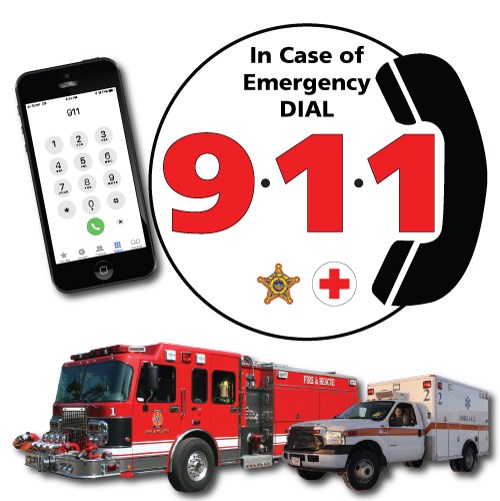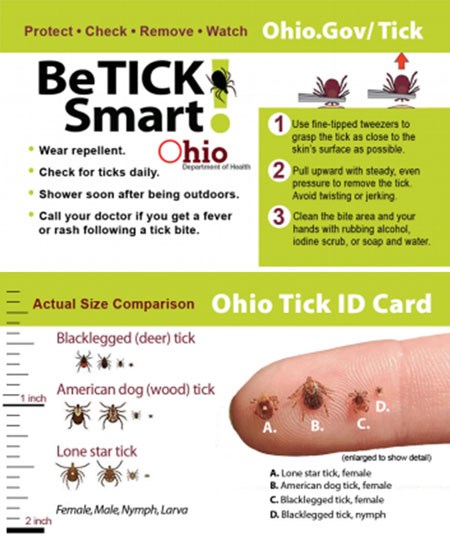
EmergenciesFor any emergency-related situation, please call 911 and notify a park ranger immediately. First-Aid / AEDThe visitor center at Mound City Group is equipped with an AED and necessary first-aid supplies to tend to injured visitors until advanced medical care arrives. Please see a ranger at the visitor center for more information or to notify them of someone in need of assistance. Weather AlertsThe Ross County Sheriff's department provides official updates on NOAA weather alerts and also provides the official snow emergency levels for all county roads. If inclement weather is upon us, please be sure to check the status of Road Conditions around the park. Environmental FactorsHeat & SunHot and humid weather is typical during the summer months. Make sure to bring water to keep hydrated and take frequent breaks to prevent heat-related illnesses. The sun can be intense, so wear sunscreen and bring along a hat and a lightweight long-sleeve shirt. Winter WeatherDuring the winter months, prolonged exposure to cold weather can cause hypothermia. Be sure to dress in layers to avoid this. The cold can also cause snow and ice to build up on sidewalks and steps. Please be sure to use caution when traversing on paths, sidewalks and stairs within and around the park as they may be slippery. Bees & Biting InsectsDifferent types of bees are frequently in the park's grassy and wooded areas throughout the spring and summer months. Closed toe shoes may help prevent stings and other insect bites. Ticks are prevalant at many of our sites. Educate yourself about ticks and tick exposure to minimize the possibility of contracting harmful diseases from these eight-legged critters. Rash-Inducing PlantsPoison ivy is found in the woods of the park. Make sure to stay on designated paths to avoid exposure. Burrowing AnimalsMoles, groundhogs and ground squirrels are present in the park. You may encounter shallow tunnels in the grassy areas, so please use caution when traversing grassy areas and do not run. Watch your step for the ocassional small hole, particularly on the Mound City Group grounds. 
Courtesy of the Ohio Department of Health Ticks and Tickborne DiseasesDuring the spring and summer months, ticks and other small, biting insects appear at all of the park's sites. You should be prepared with the adequate insect repellent if you plan on hiking near or in any wooded areas, weedy areas or areas with tall grass. Follow these simple precautions to help minimize your exposure to ticks:
Tick InformationIt's a good idea to read about ticks in Ohio before you head out into areas known to be inhabited by them. If a tick happens to latch onto you, carefully remove it using tweezers or a tick removal tool by grasping it as close to the head as possible and pulling straight up. Once removed, disinfect the area thoroughly and wash your hands with soap and water. If possible, save the tick for identification by placing it into a container with hand sanitzer or rubbing alcohol to preserve it. Should you develop flu-like symptoms afterward, take the tick with you to your healthcare provider. You can also send the tick to your local health department so they can properly identify it and advise you of any potential health issues. Additional Tick Information on the Web |
Last updated: November 5, 2024
